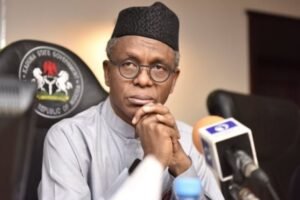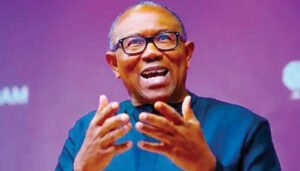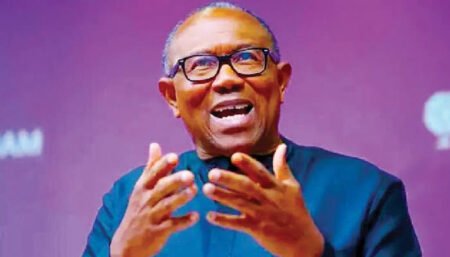The President Bola Tinubu-led Federal Government has begun deploying consular officers to diplomatic missions worldwide before the anticipated release of the list of ambassadors.
This decision comes 14 months after 83 ambassadors were recalled in September 2023.
Following Tinubu’s inauguration, a rethink of foreign policy resulted in the recall of 83 ambassadors, both career and non-career, in September 2023, but successors have yet to be appointed.
The envoys were instructed to return to Nigeria by October 31, 2023, indicating a shift in diplomatic strategy and the government’s desire to realign its overseas activities to better serve national interests.
The Minister of Foreign Affairs, Amb. Yusuf Tuggar, stated that the ambassadors served at the President’s request in their host countries and that it was the President’s “prerogative to send or recall them from any country.”
Tuggar noted that it was part of a broader strategy to reorient Nigeria’s overseas engagements.
The recall was completed, but it left a diplomatic hole, as no replacements have been declared since.
However, the delay in appointing replacements has caused anxiety.
In April 2024, the government selected 12 consuls-general and five chargés d’affaires to represent Nigeria in 14 countries, but these interim steps fell short of filling critical leadership positions.
Consuls-general and chargés d’affaires can perform basic administrative tasks and oversee an embassy’s day-to-day operations, but they lack the power and diplomatic weight to engage at the highest levels, such as with heads of state or in key international talks.
On May 28, the foreign affairs minister acknowledged the situation, citing financial constraints as the key cause for the delay in naming new ambassadors.
A few days later, former Ministry of Foreign Affairs spokesperson Amb. Eche Abu-Ode stated that any additional ambassadorial appointments would be subject to budget allocations.
“I guess the funds may be included in the supplementary budget, but for now, there is no clear way forward without funds,” Abu-Ode stated.
The protracted absence of ambassadors is reminiscent of similar delays during former President Muhammadu Buhari’s term, when ambassadorial appointments took up to 20 months.
Some diplomats fear that Nigeria’s international allies may take its protracted silence as a sign of instability or disinterest in global affairs.
This view, they argue, can be harmful, especially for a country that relies on foreign investments and international alliances to drive economic progress.
A senior official in the Ministry of Foreign Affairs, speaking on the condition of anonymity because he was not permitted to comment on the subject, expressed alarm about the government’s lack of communication and direction.
“There is silence on the issue. Nobody knows what’s going on,” the official stated.
Diplomats and foreign policy experts also expressed concern that Nigeria’s absence from the world stage could have long-term ramifications for its reputation.
However, speaking to the press on Wednesday, a senior government official, who also spoke on the condition of anonymity, confirmed the continued deployment of consular officials to missions abroad.
“They are deploying them to our various missions and embassies abroad. Some are going to Malaysia and Spain, while others will go to Brazil, where the President participated in the G20 Summit,” the official said.
According to another source, some cops have already reported to their new positions, while others are slated to start later this month.
“Yes, some of us left last week. Others even left the last two weeks. But I’m going later this month. They have brought new hands from the Ministry (of Foreign Affairs) to replace us here [at the State House] because we are being posted out of the country,” the official revealed.
A retired Consul to Cameroon and Delegate to the World Expo and Economic Development Centre in Paris, Amb. Rasheed Akinkuolie, echoed the need for reform.
“That diplomatic missions are without substantive heads for a short period is widely acceptable. But their absence over a year leaves so much to be desired, especially against the backdrop of the Ministry’s funding challenges,” he said.
He also voiced concern that host states may ask why Nigeria has not replaced its recalled ambassadors, viewing the protracted absence as an indication of instability.
Akinkuolie suggested that diplomatic missions be funded through separate dollar accounts at the Central Bank of Nigeria (CBN) to assure consistent financial support for operations abroad.
He also emphasised the need for a more efficient process for deploying ambassadors, urging the government to prioritise ambassadorial nominations and ensuring that overseas missions are adequately funded and manned.










